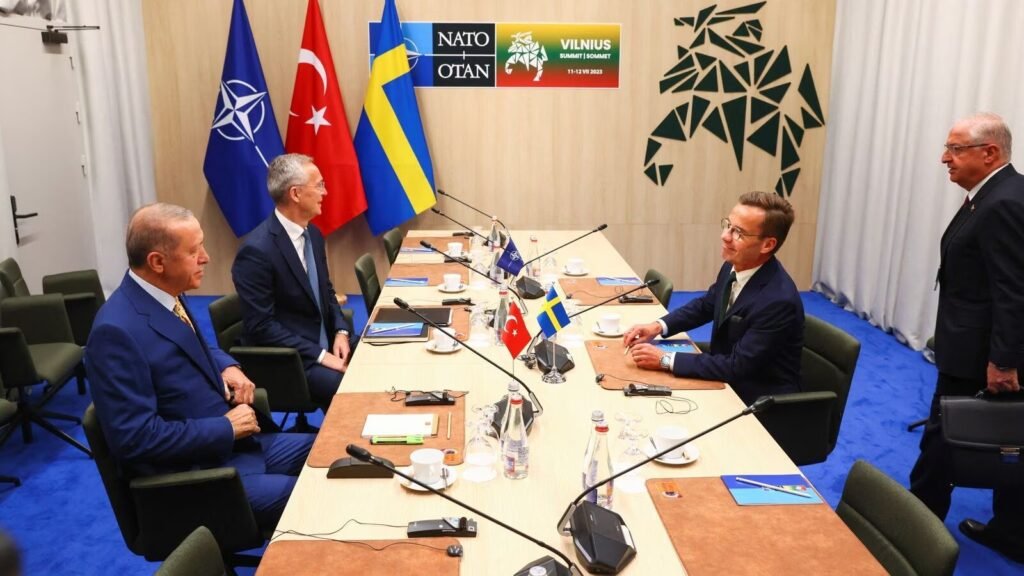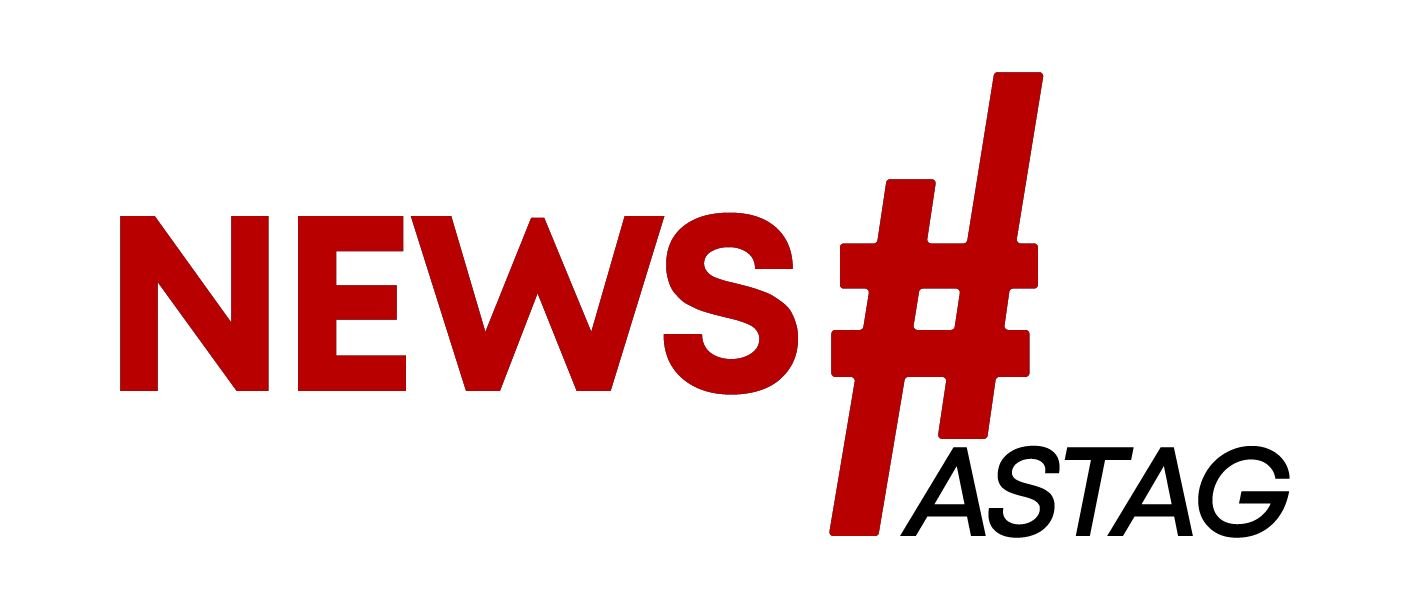of terrorism. The issue had caused significant tension between the two countries and stalled Sweden’s NATO membership process. However, the talks between Erdoğan and the Swedish prime minister, Ulf Kristersson, in Vilnius led to a surprising announcement that resolved the impasse.
Jens Stoltenberg, the NATO secretary general who oversaw the negotiations, made the announcement at a press conference. He expressed his satisfaction by stating, “I’m glad to announce… that President Erdoğan has agreed to forward the accession protocol for Sweden to the grand national assembly as soon as possible, and work closely with the assembly to ensure ratification.” This news was met with enthusiasm by Prime Minister Kristersson, who described it as a “very big step” and a significant milestone towards Sweden’s NATO membership.
While the agreement marks a significant breakthrough, the exact timeline for Sweden’s integration into NATO remains uncertain. Stoltenberg evaded providing a specific date, but emphasized that Erdoğan had committed to pushing for ratification in the Turkish parliament “as soon as possible.” However, it is worth noting that Turkey’s own parliamentary process for ratifying Finland’s NATO membership took two weeks. Additionally, Hungary’s approval is also required, although Prime Minister Viktor Orbán’s government has assured that it will not be the last to grant consent, indicating a swift decision.
The news of Sweden’s impending NATO membership was swiftly welcomed by key world leaders. President Joe Biden, who engaged in last-minute discussions with Erdoğan during his flight to Europe, expressed his readiness to collaborate with Turkey on enhancing defense and deterrence in the Euro-Atlantic area. He also eagerly anticipated welcoming Prime Minister Kristersson and Sweden as the alliance’s 32nd member, while praising Secretary General Stoltenberg for his leadership. British Prime Minister also expressed his excitement, tweeting, “This is a historic moment for NATO that makes us all safer. Sweden, we look forward to welcoming you into the Alliance.” German Foreign Minister Annalena Baerbock described the development as good news and celebrated the joint efforts that led to Turkey’s ratification of Sweden’s NATO membership.
The agreement reached during the three-way talks between NATO, Turkey, and Sweden highlighted the commitment of both countries to work closely on counter-terrorism coordination and strengthen bilateral trade ties. The joint statement issued after the discussions also indicated that Sweden would actively support efforts to reinvigorate Turkey’s EU accession process, including initiatives such as modernizing the EU-Turkey Customs Union and facilitating visa liberalization. Furthermore, Stockholm reassured Ankara that it would not support “terrorist organizations” and expressed its intention to establish a new bilateral security mechanism between Turkey and Sweden.
Interestingly, the breakthrough occurred after Erdoğan paused his talks with Stoltenberg and Kristersson to engage in a side meeting with Charles Michel, the president of the European Council. Michel described the encounter as a “good meeting” and emphasized their exploration of opportunities to re-energize EU-Turkey cooperation and improve bilateral relations. However, while the EU members recognized the positive outcome of the discussions, there remained lingering doubts about Turkey’s commitment to democratic reforms and the rule of law. German Vice-Chancellor Olaf Scholz underscored that Sweden’s NATO membership and Turkey’s EU accession should be seen as separate issues, stating that Sweden meets all the requirements for NATO membership.

Sweden’s journey towards NATO membership faced significant obstacles due to Turkey’s objections since last year. Initially, it seemed that both Sweden and Finland would join NATO together, as they submitted simultaneous membership applications. Finland’s NATO membership was accepted without any objections from Turkey, but Sweden encountered hurdles when Erdoğan argued that the country had not done enough to curb Kurdish separatist activities taking place within its borders. This setback prompted Sweden to take action and demonstrate its commitment to addressing Turkey’s concerns. In May, Swedish lawmakers passed legislation to tighten the country’s anti-terrorism laws, signaling their determination to crack down on exiled members of the outlawed Kurdistan Workers’ Party (PKK), Kurdish militia groups, and the Fetö organization led by the exiled cleric Fethullah Gülen.
Sweden’s NATO membership has broader geopolitical implications, particularly in light of recent events and tensions in the region. The desire to join NATO stems from Sweden’s concerns over Russia’s invasion of Ukraine, which triggered a reevaluation of the country’s military nonalignment stance. By seeking security within the NATO alliance, Sweden aims to enhance its defense capabilities and solidify its position as a reliable and active contributor to regional and global security. Additionally, NATO membership provides Sweden with a platform for closer collaboration with other member states and facilitates joint defense planning and operations.
The prospect of Sweden’s accession to NATO presents opportunities and challenges for the alliance as well. It strengthens NATO’s presence in Northern Europe and bolsters its collective defense capabilities in the Baltic region. Sweden’s participation would contribute to NATO’s overall deterrence and defense posture, enhancing stability and security in the region. However, it also necessitates increased coordination and integration efforts among member states to ensure effective military cooperation and strategic alignment.
In conclusion, Sweden’s journey towards NATO membership has reached a significant milestone with Turkey’s decision to set aside its veto and recommend Sweden’s application for ratification. This breakthrough, achieved after intense negotiations, signals the resolution of a year-long impasse and paves the way for Sweden to join NATO. While the exact timeline remains uncertain, the positive response from world leaders and the commitment to strengthen counter-terrorism coordination and bilateral trade ties between Turkey and Sweden bode well for the future. Sweden’s NATO membership holds strategic importance for both the country and the alliance, providing enhanced security and cooperation opportunities in an ever-evolving geopolitical landscape.





